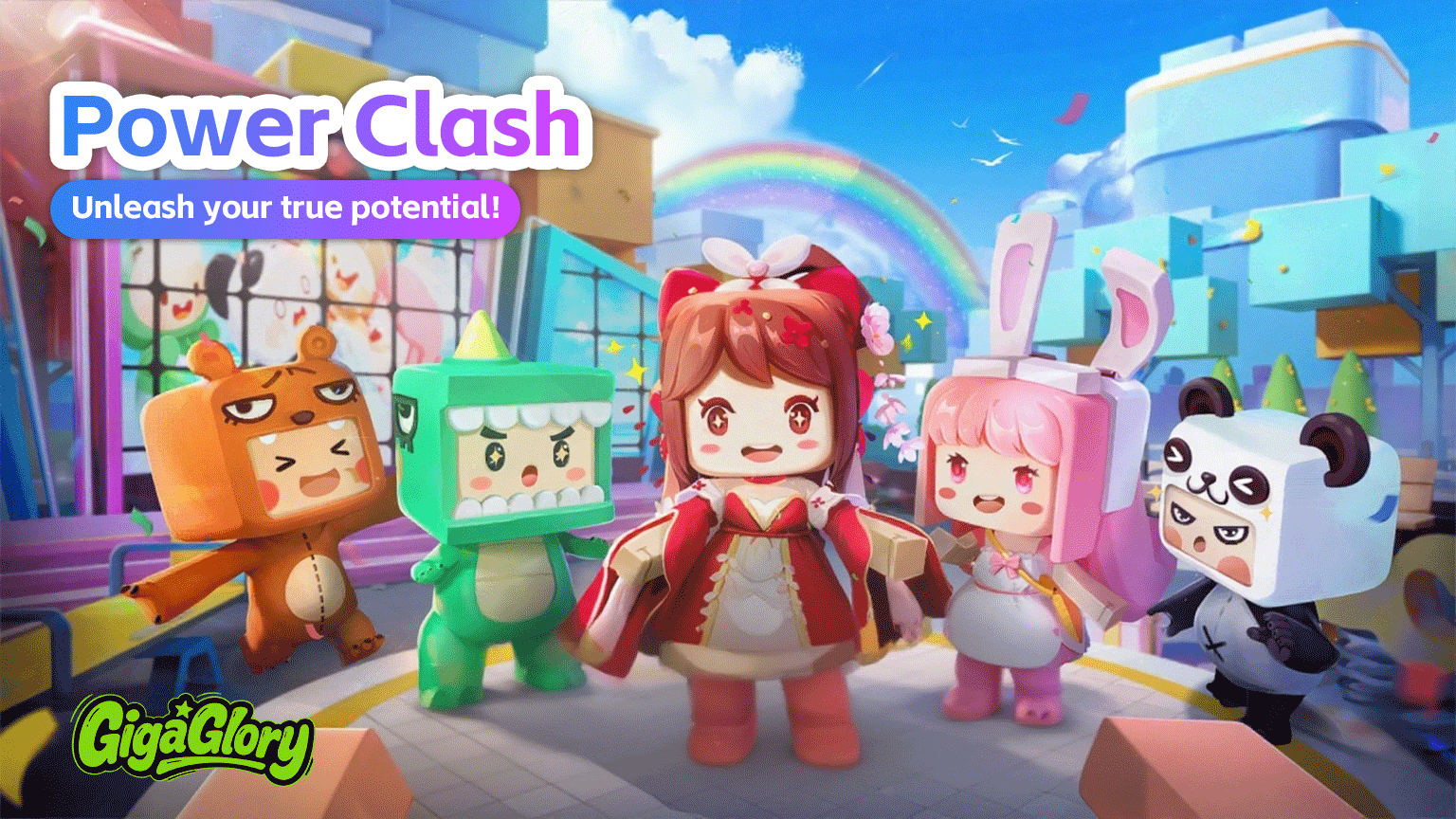Why Idle Games Like MMORPGs Are the New Frontier in Online Gaming
The gaming world is forever evolving, and the rise of idle games has sparked considerable interest among gamers and developers alike. But what makes these games, akin to traditional MMORPGs, stand out in a crowded market? In this article, we'll explore the reasons behind the increasing popularity of idle games, examine their connection to MMORPGs, and discuss how they're shaping the future of online gaming.
Understanding Idle Games
Idle games, also known as clicker games, are a unique genre that allows players to advance in a game without constant input. The gameplay typically revolves around clicking (or tapping) on the screen to earn resources, which can then be used to purchase upgrades and automate processes within the game. These mechanics encourage a relaxed playing experience, suitable for users who may not have hours to dedicate to gaming. Similarly, MMORPGs provide expansive worlds for players to explore, yet they demand more active participation. However, both genres do share a connection — community and storytelling.
Idle Games vs. MMORPGs: A Glance Over the Fence
At first glance, clicker games and MMORPGs seem worlds apart, but they both fulfill fundamental gaming desires: progression, community, and engagement. MMORPGs captivate players with their richly woven narratives, complex character development, and real-time interaction. On the flip side, idle games provide a more laid-back atmosphere where users can still experience a form of progression and achievement, often with little mechanical effort.
| Feature | Idle Games | MMORPGs |
|---|---|---|
| Player Engagement | Low (mostly passive) | High (active participation required) |
| Story Development | Minimal | Rich and complex |
| Community Interaction | Limited | Extensive and interactive |
| Gameplay Duration | Short sessions | Long, immersive sessions |
Why Idle Games Are Gaining Traction
- Accessibility: Idle games can be played casually, making them appealing to a wider audience.
- Minimal Time Investment: Players can enjoy progress even when they are not actively engaged, fitting into a busy lifestyle.
- Incremental Rewards: The satisfaction of seeing numbers grow and achieving milestones is incredibly rewarding.
Community Driven: How Social Features Matter
It might seem like idle games are distant cousins to MMORPGs, but many idle games are now adopting social elements. Leaderboards, guild systems, and cooperative events are essentially bridging the gap. Players are motivated to come back regularly, not just for incremental progress but also to connect with other players, fostering a sense of community.
The Story Element and Its Impact
While idle games may lack the intricate narratives of their MMORPG counterparts, the integration of engaging storylines is slowly creeping in. Games that incorporate a strong narrative can keep users invested in the world, leading to higher retention rates. This is where the best story in PC games materializes, ensuring that even in an idle format, players feel they’re part of something bigger.
RPG Games Android: The Shift Towards Mobile
The transition towards mobile gaming cannot be denied. Many idle games are predominantly available on Android platforms, allowing users to engage with them at their convenience. The ease of access to RPG games on mobile devices reflects the changing landscape of gaming preferences, especially among younger audiences. It's clear that the future of gaming includes a vast array of experiences, merging classic elements with modern-day gaming demands.
Conclusion: A New Era of Gaming
The rise of idle games serves as a confirmation that the online gaming arena is broadening its horizons. Both idle games and MMORPGs possess unique strengths, appealing to different types of gamers. As technology enhances the gaming landscape, it's likely we'll see even more hybrid forms emerge. Whether you prefer the fast-paced action of an MMORPG or the relaxed progression of an idle game, both offer unique insights into the diverse world of online gaming. As we move forward, the melding of storytelling, accessibility, and community will define the next frontier in digital entertainment.



